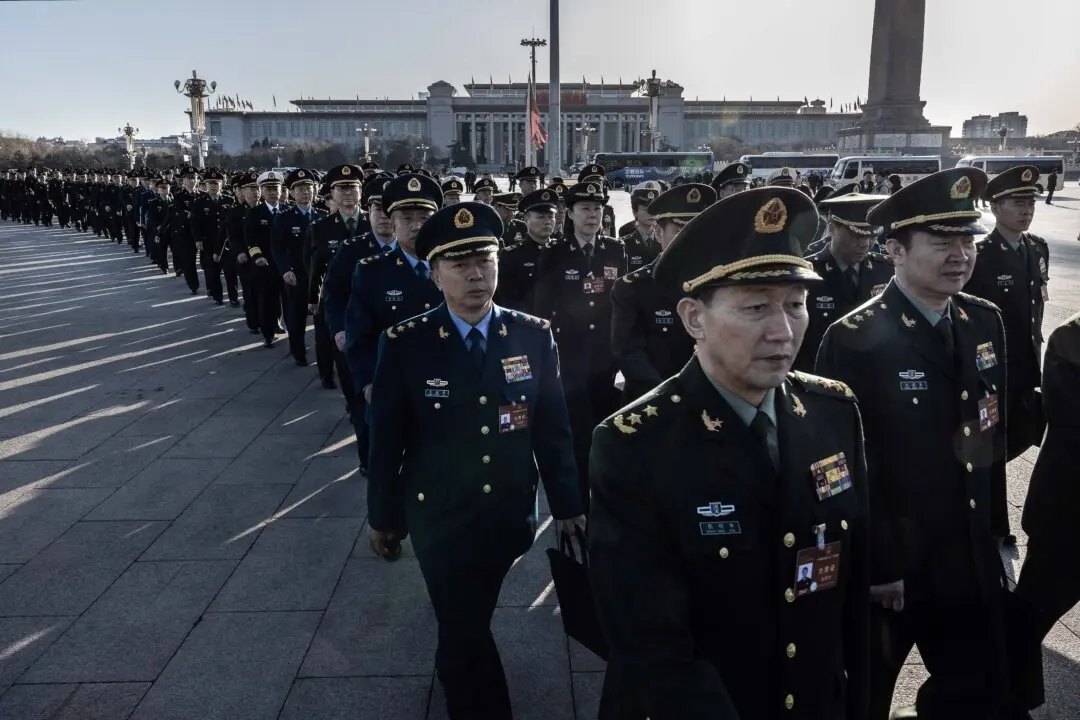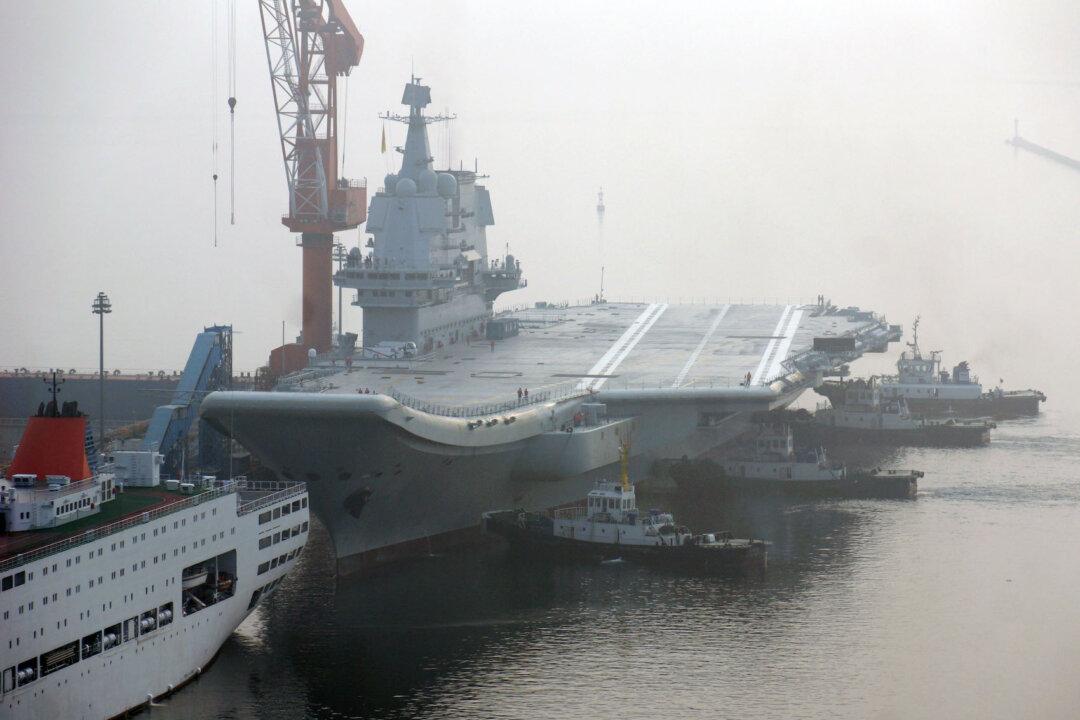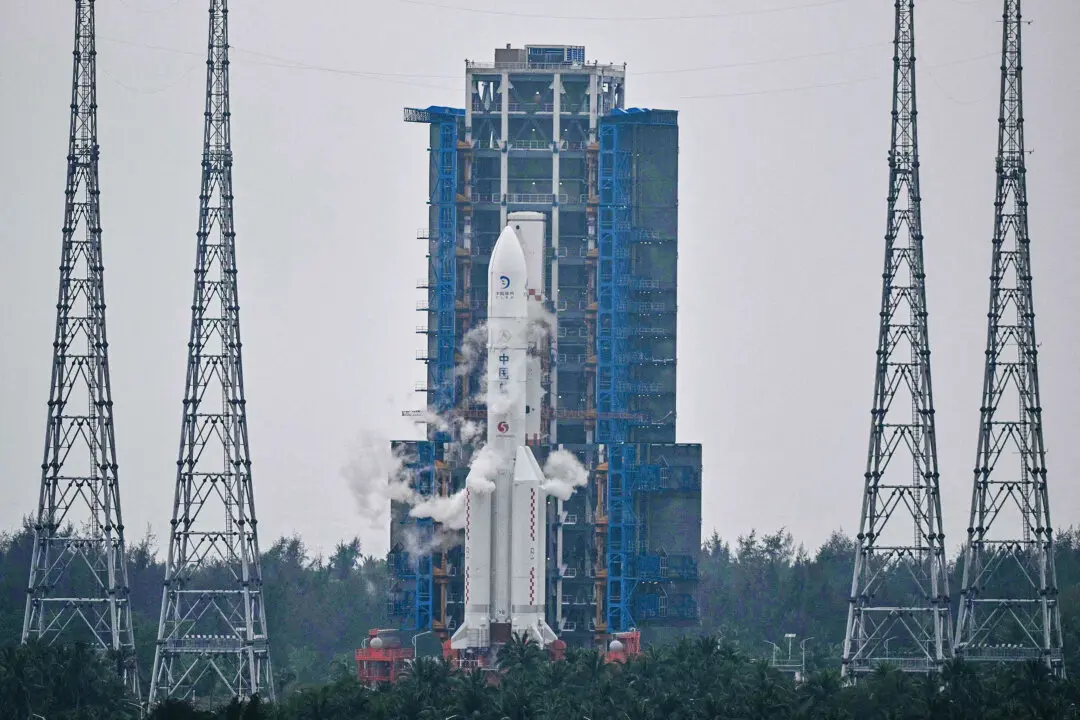News Analysis
China’s public debt already stands at 270 percent of GDP, and non-performing loans have hit $466.9 billion. In addition to existing economic challenges, real estate giant Evergrande Group has signaled that it may default on payments owed to creditors.





